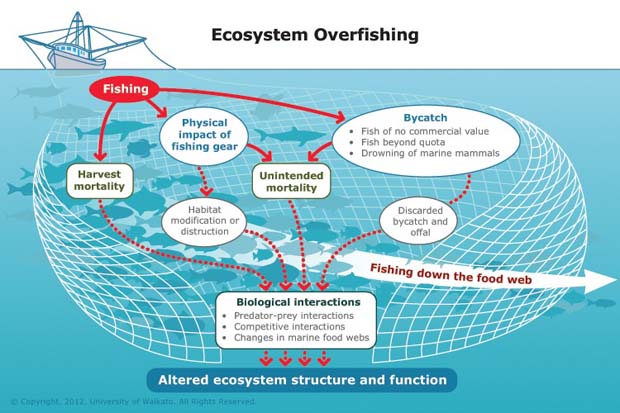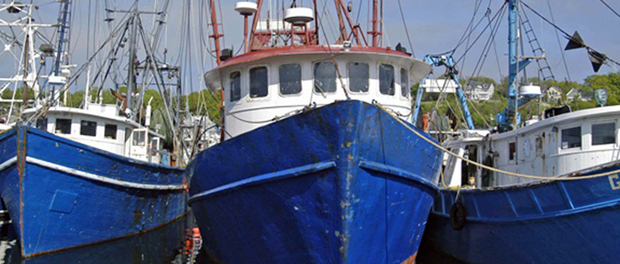Healthy Fisheries vs. Profitable Fisheries – Why Not Both?
Feb 28, 2014 by Sean Cosgrove
[dropcap]O[/dropcap]n February 28th, CLF’s Peter Shelley testified in front of the House Natural Resources Committee on a “discussion draft” of a bill to revise the Magnuson-Stevens Act (MSA). The MSA governs the management of America’s fisheries and is reauthorized by Congress about every five years.
Simply put, the Hastings’ draft ignores the state of New England’s fisheries and the need to move modern fishery management forward. Instead of maintaining the successful provisions that ended overfishing in the vast majority of our Nation’s fisheries and restoring depleted fish populations, the Hastings’ draft bill, if enacted, would take modern fisheries management to the dark ages. The Hastings’ Empty Oceans Act proposes to:
[highlight color=”White”]…[/highlight]Allow overfishing to continue by delaying the beginning of rebuilding measures for as long as seven years. Once rebuilding measures for one targeted species finally start they could extend for decades with no meaningful date for completion.
[highlight color=”White”]…[/highlight]Allow fishery management councils to outright ignore recommendations from their own science committees in setting catch limits. Under this proposal the huge short-term economic pressure that the New England Fishery Management Council constantly suffers to increase catch limits would overwhelm scientific facts in setting catch limits.
[highlight color=”White”]…[/highlight]Exempt fisheries management from the National Environmental Policy Act (NEPA). This would undercut provisions for environmental impact review as well as the ability for the involvement of citizens and other stakeholder groups. Responsible fisheries management and the public’s interest do not benefit from reducing transparency and stakeholder involvement.
[highlight color=”White”]…[/highlight]Allow commercially driven fishery management councils to have control over the recovery of threatened and endangered ocean wildlife such as sea turtles. The draft bill also targets other bedrock conservation laws such as the National Marine Sanctuaries Act and seeks to prohibit the use of taxpayer-funded data from being used for New England’s regional ocean planning effort that has been underway for several years.
If you have followed New England fisheries in the news the last few years you will be aware of two apparent truths: 1) The New England region has some of the richest fisheries in the nation; 2) New England fishermen are broke and are on the edge of bankruptcy. The North Atlantic scallop fishery is a model of economic success stemming from improvements in science-based management, whereas the New England Atlantic cod fishery represents a disastrous litany of attempts to continue overfishing and delay responsible management measures such as habitat protection, reducing bycatch and protecting the forage base that many other species rely upon.
Inside each of these New England fishing stories sits strong evidence of where Congress needs to lead on the reauthorization of the MSA. Today it’s hard to buy an Atlantic cod on Cape Cod, but two of the top three fisheries in the nation are New England scallops and Maine lobsters. Now 67% of Massachusetts fisheries revenue comes from sea scallops and lobsters and 80% of Maine’s revenues come from lobsters alone. These are both species that are highly susceptible to warming temperatures and ocean acidification. New England needs an MSA reauthorization bill that promotes the long-term health and productivity of our ocean by establishing ecosystem-based fisheries management. We don’t need a political bill that is designed to be an election-year platform.




